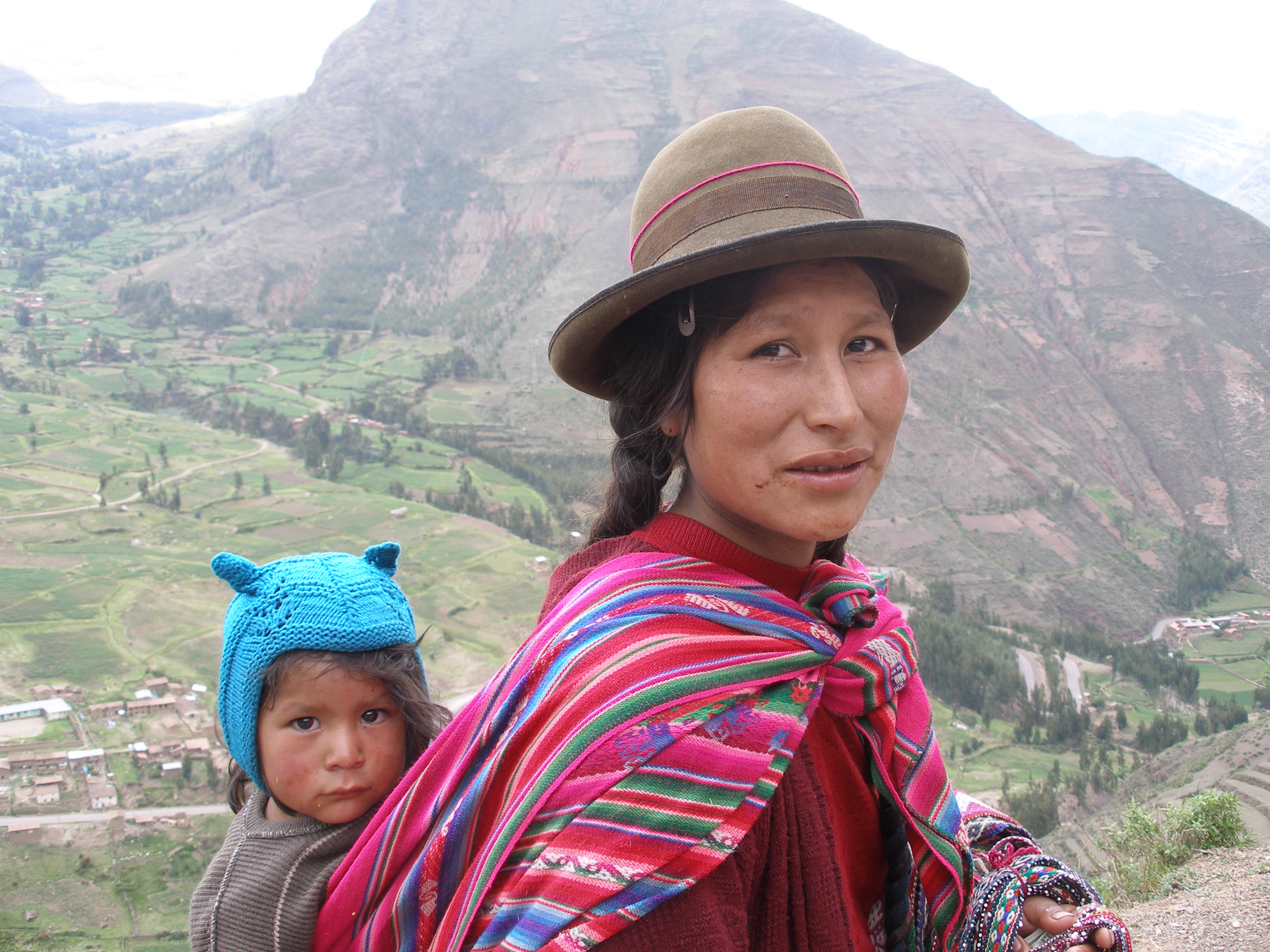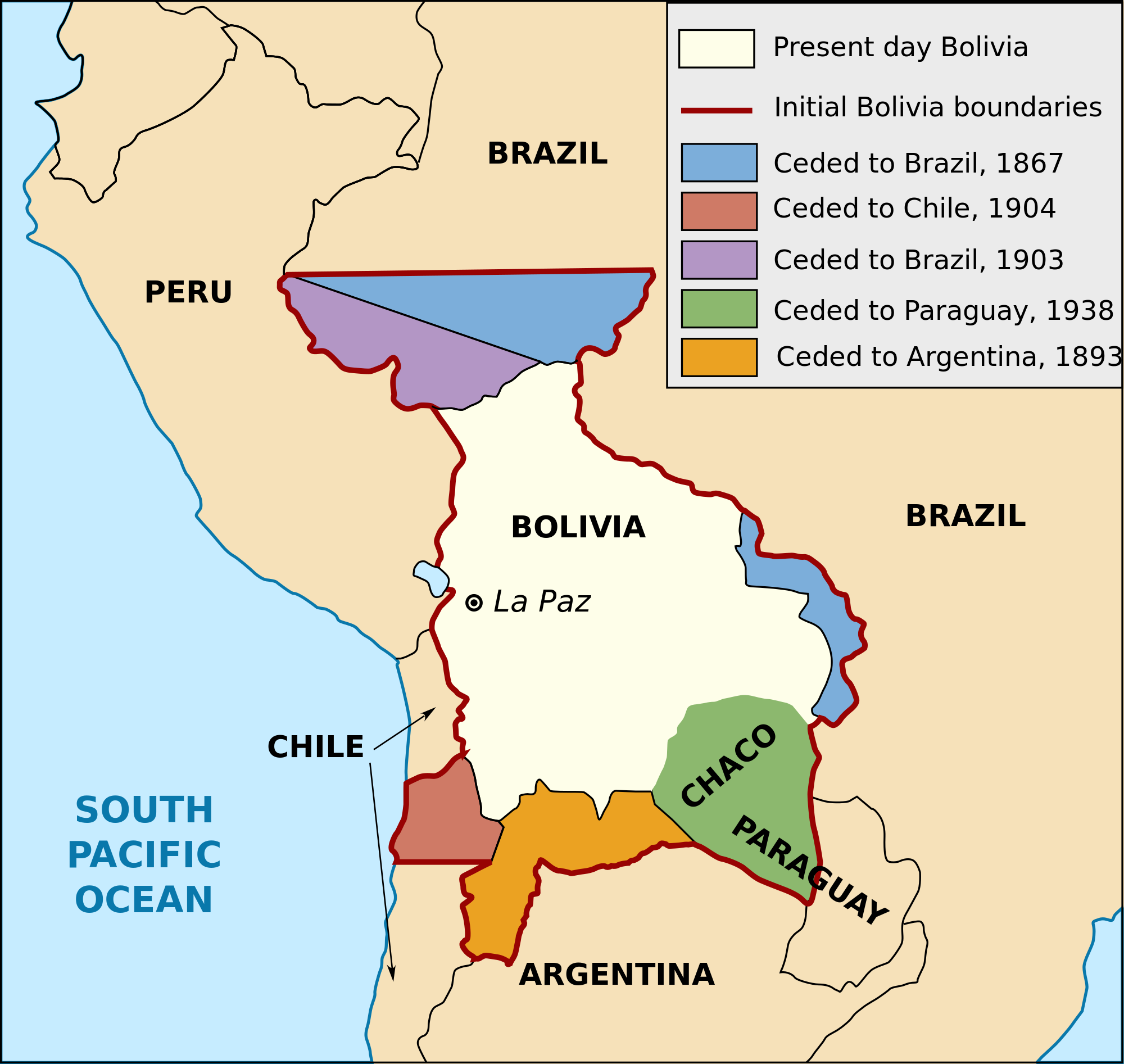South Bolivian Quechua
Spoken in
- Quechua language family Wampuy ( Quechua II) Southern Quechua ( Quechua II c) Qusqu - Qullaw Nordbolivianisches Quechua Südbolivianisches Quechua
Qu
Que
Que ( macro language ), qul (northern Bolivia), quh ( southern Bolivia )
Quechua in Bolivia ( Quechua: Qhichwa or Qullasuyu Qhichwa ) are the languages spoken in Bolivia dialects of Quechua variant Qusqu - Qullaw to each other due to their similarity - form a unit - especially compared to the Quechua variants within Peru.
There are two in Bolivia Quechua language areas, which are spatially separated by the Aymara language area and as nordbolivianisches ( 116,000 speakers according to SIL) and südbolivianisches Quechua (2.8 million speakers according to SIL) are referred to.
The südbolivianische Quechua ( SIL as a separate language viewed ) has taken many elements from Spanish not only in vocabulary but also in morphology (eg plural - s instead of - kuna, with diminutive - (s ) itu / - (s ) held ita - cha).
The nordbolivianische Quechua, however, has preserved more original Quechua structures and is thus the Peruvian Cusco Quechua, which also belongs to the Qusqu - Qullaw closer.
As a written language standard for all Quechua dialects of Southern Quechua, which represents more original Quechua features and thus is closer to the nordbolivianischen Quechua is used in Bolivia. The only important difference from southern Peru is for the sound [h ] is not "h", but the Spanish model "j " used.
Subordinate clauses in Quechua südbolivianischen
Characteristic of the Quechua dialects, especially in southern Bolivia - to a lesser extent in other Qusqu - Qullaw variants - is the presence and the frequent use of subordinate clauses with conjunctions and relative pronouns that by adding the suffix - chus (formed from the question - ending- chu and the reportativen Evidentialitäts suffix -s) are formed at question words. Although these connectives pure Quechua origin of the formation forth, they are returned by linguists to the influence of the Spanish on the syntax of the Bolivian Quechua.
Example: the conjunction imaraykuchus " because " (? Imarayku from? " Why " and bronchus ) are in südbolivianischen Quechua is a third possibility, the German sentence "Because you said it, it came. " Translate:
The first two expressions are throughout the Quechua - speaking area (except Kichwa ) are common, while the third variant is often used in ( South) Bolivian Quechua, but also in the Cusco Quechua is possible.
Partially borrowed from Spanish is the conjunction sichus ( si chus ), which initiates conditionals. The use of this conjunction is the example of the devil spoken to Jesus set you are God 's son, say to the stone that it be made bread! (Luke 4:3) from three different translations of the Bible clearly ( 1 for Ayacucho, Cusco 2, 3 for southern Bolivia ):
The main theorem ( second subset ) each is a translation variant and not typical of the region. In the subordinate clause but only the variant 1 in the entire Quechua language area (except Kichwa ) is common. Option 2 is often used in the Quechua of Cusco, while Option 3 is typical of southern Bolivia (also possible in Cusco Quechua ). Throughout the dialect area Qusqu - Qullaw conditionals are usually completed with the word chayqa ( as well as in Huarochirí manuscript ), while they are not present in other regional varieties of Quechua and instead exclusively - pti / spa is being used.

.svg/2000px-Quechua_(subgrupos).svg.png)








